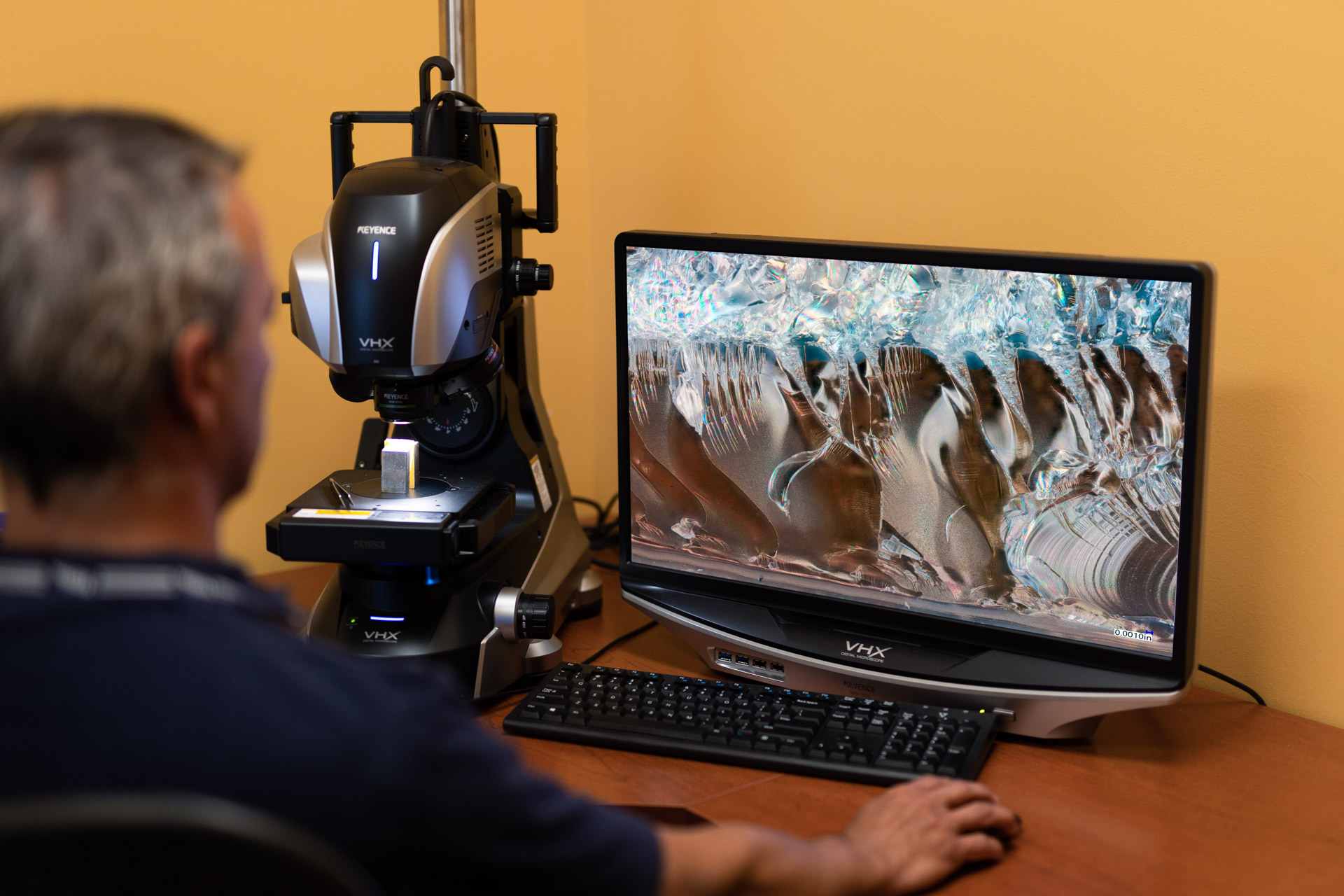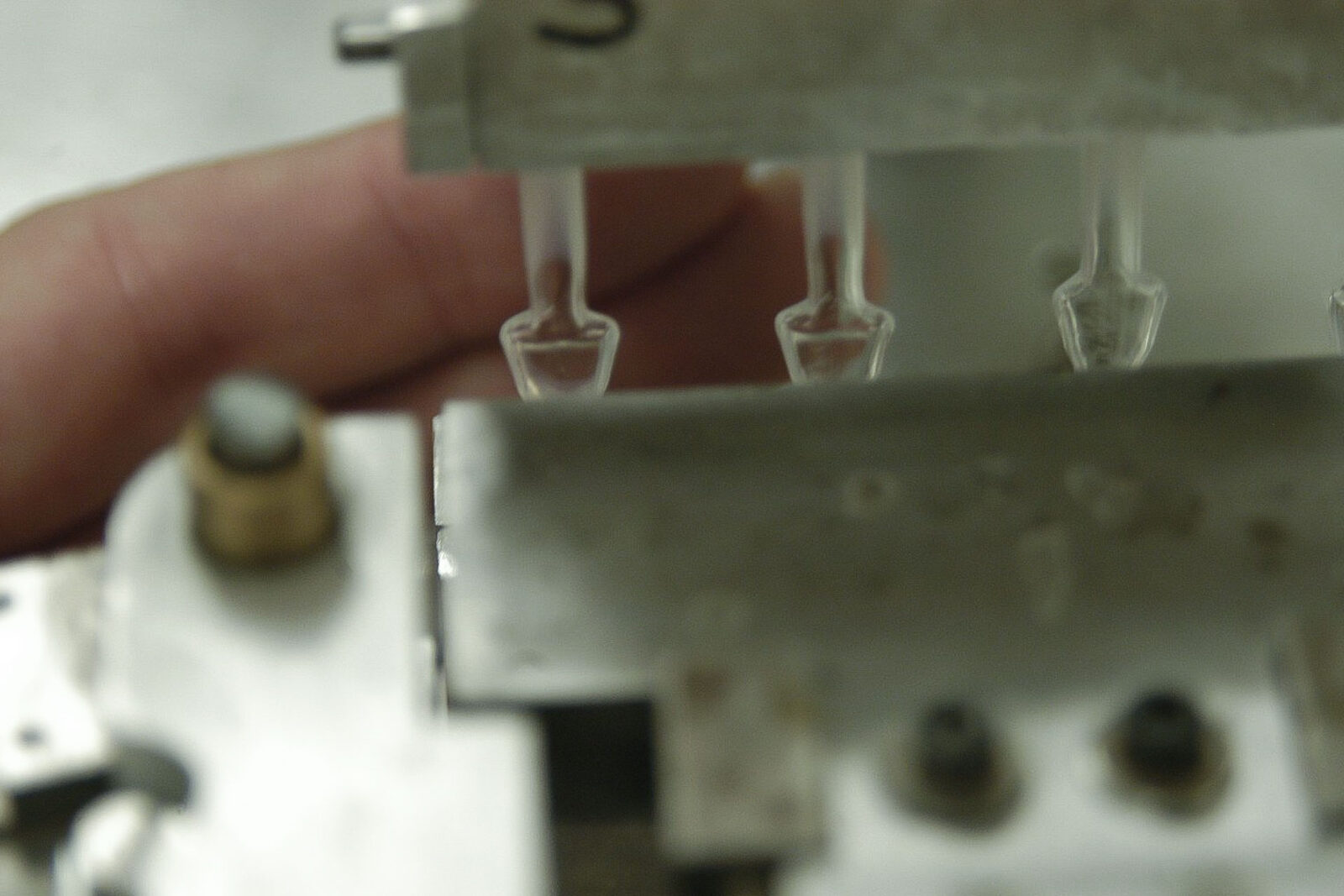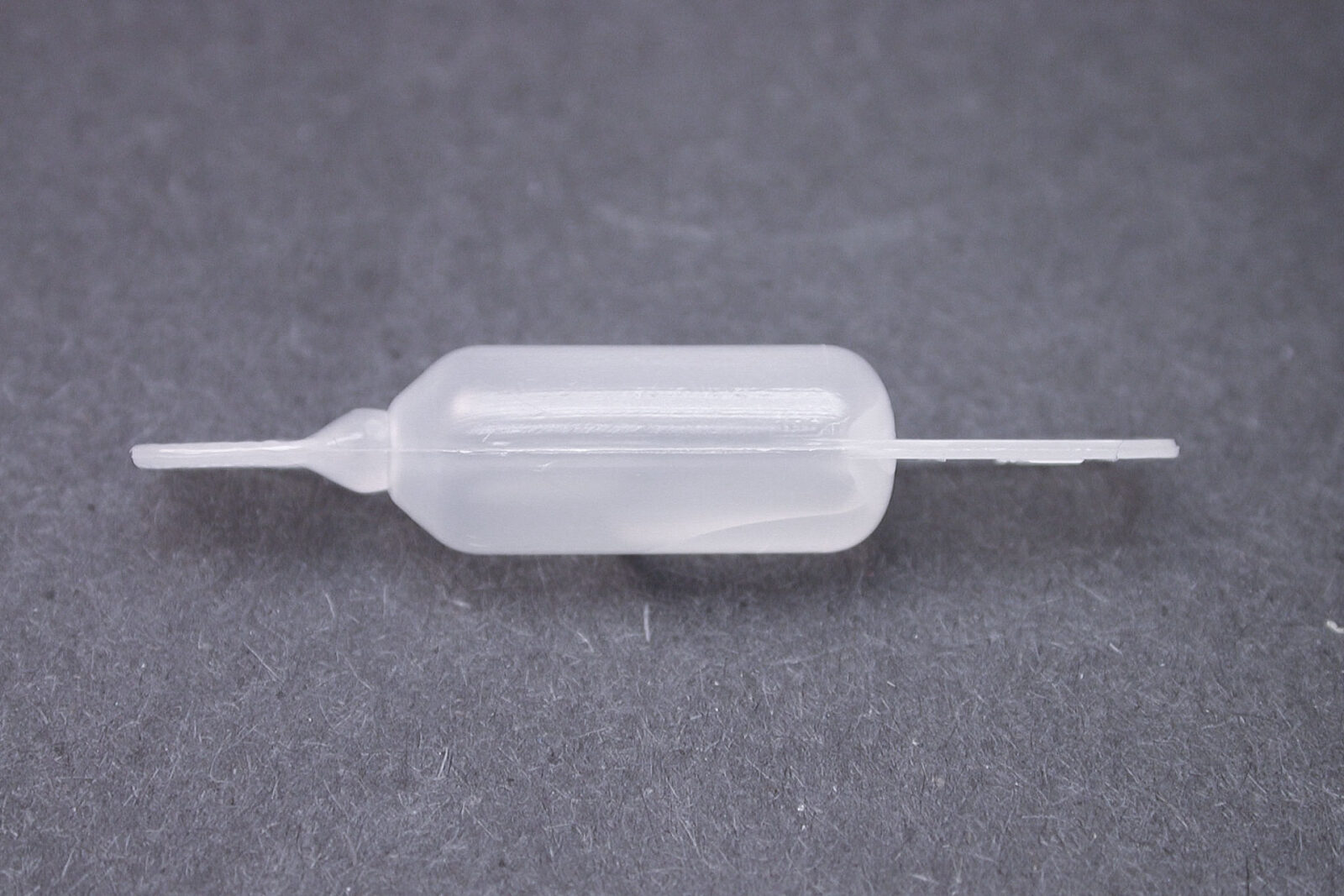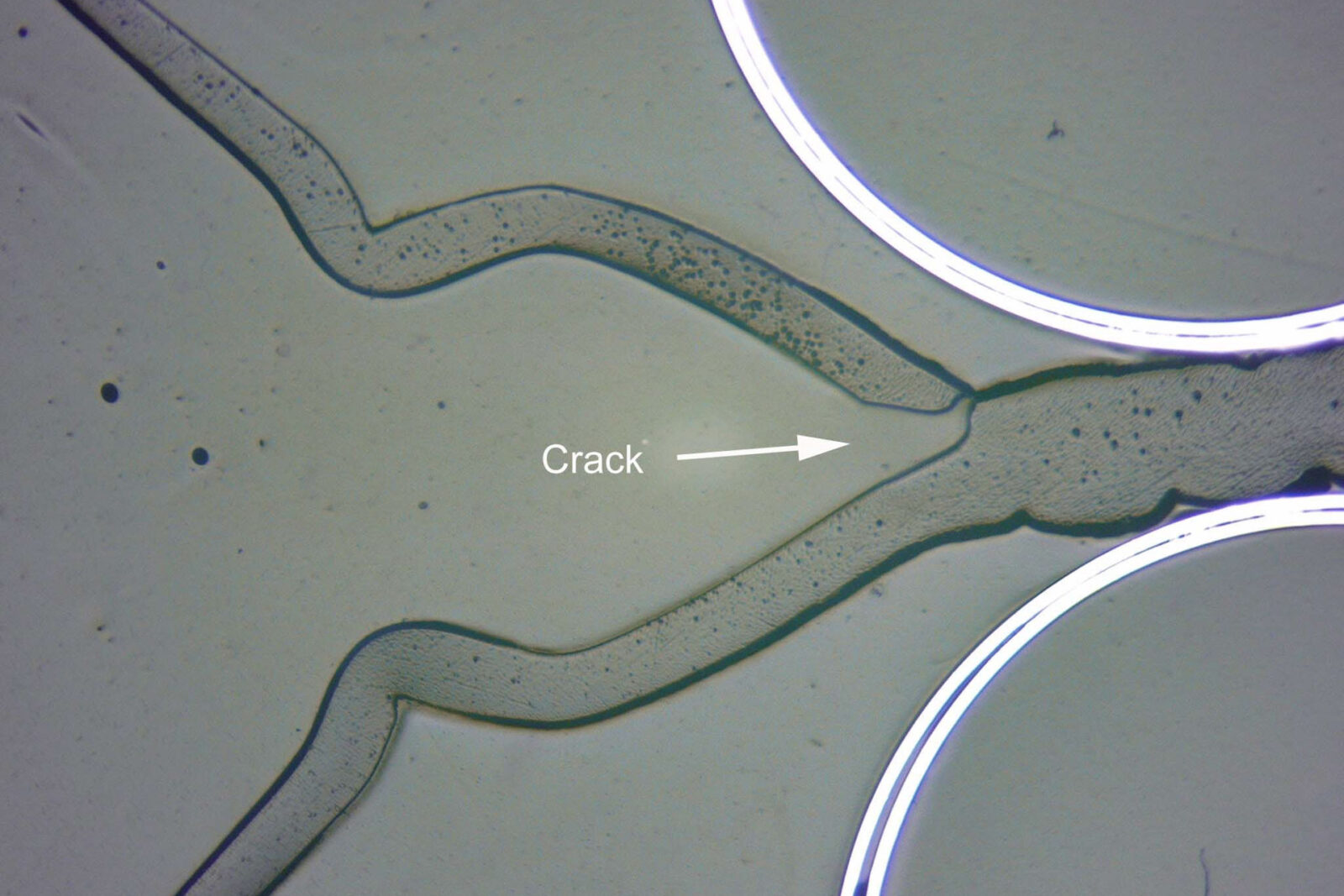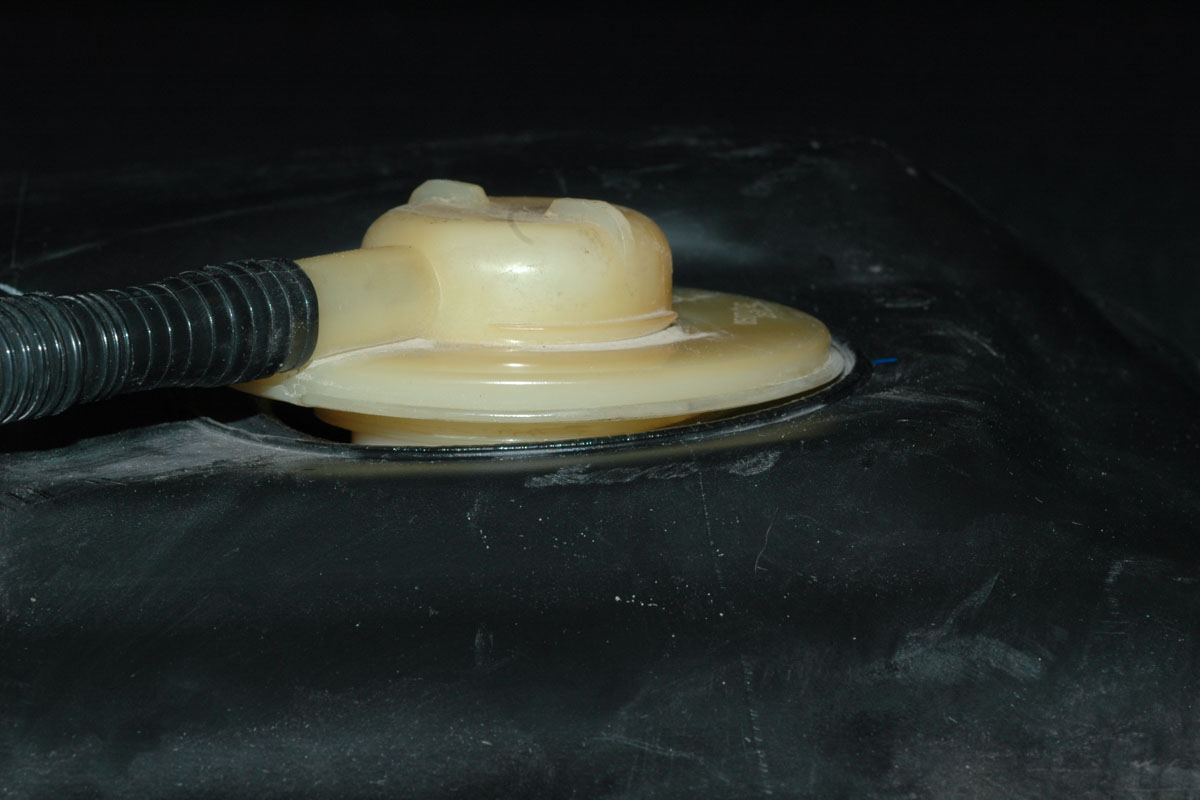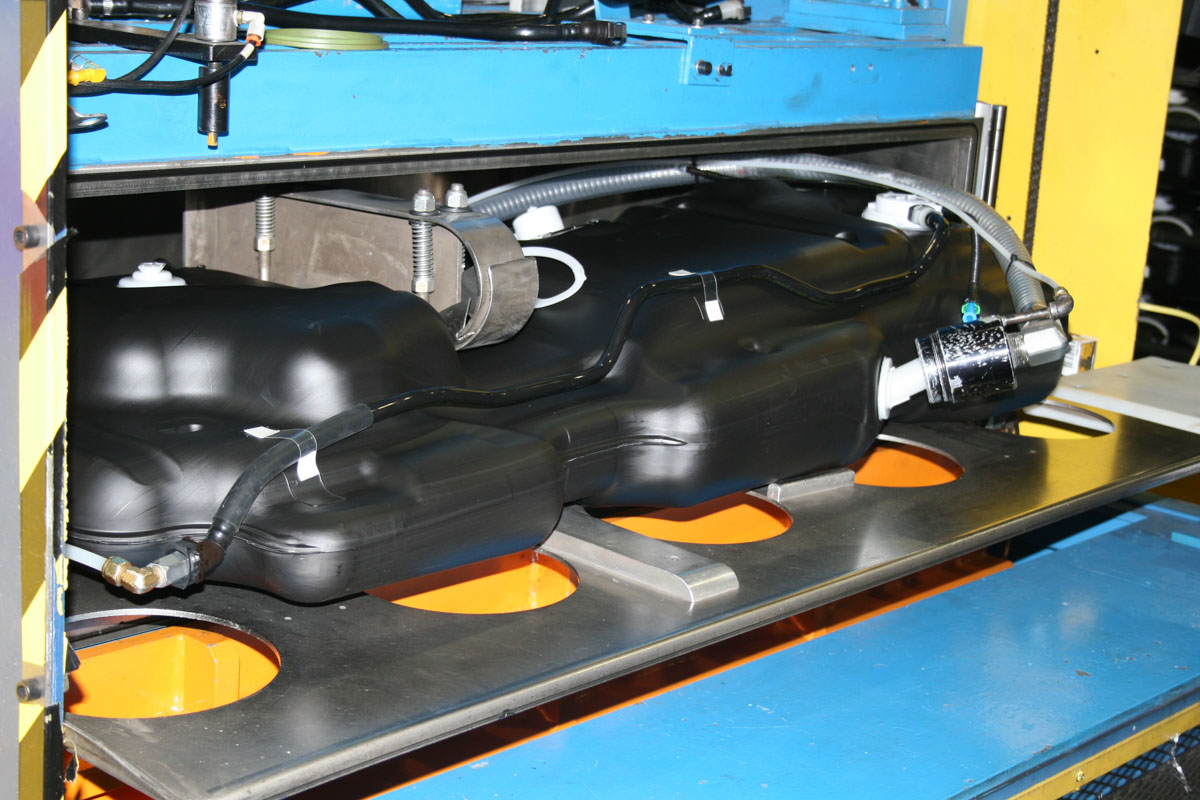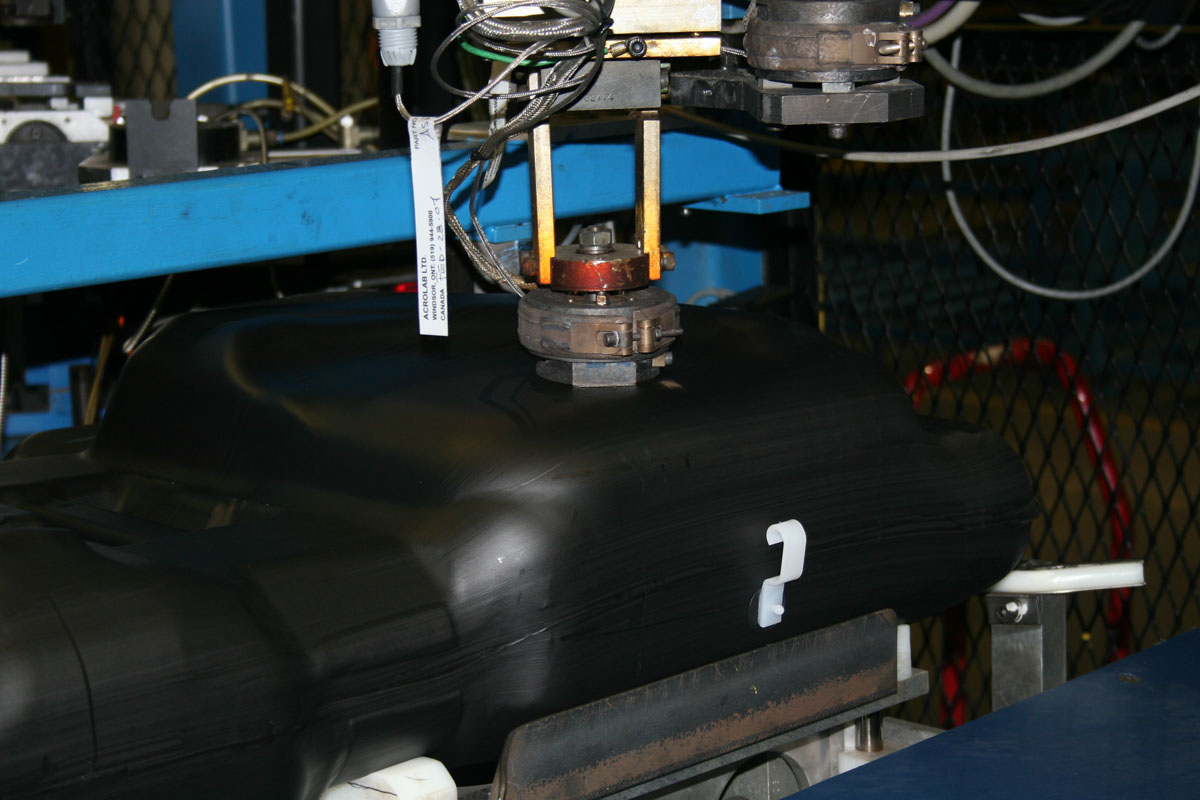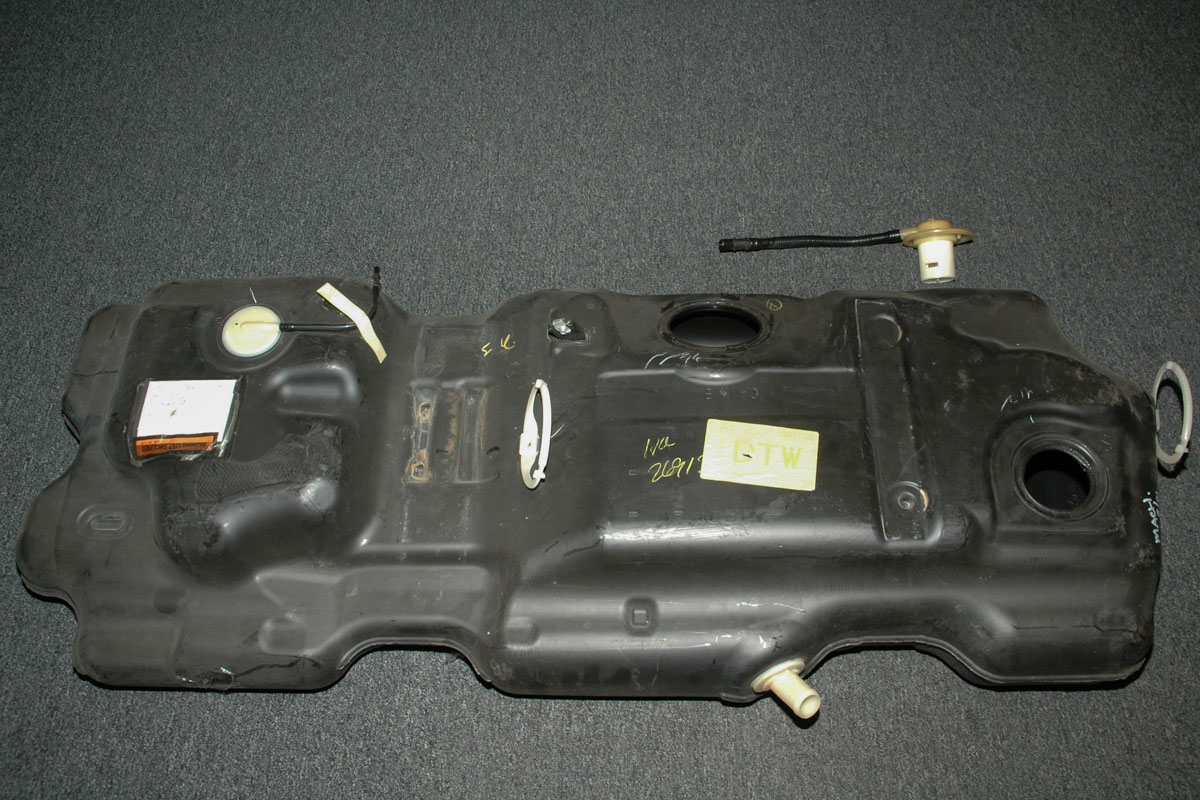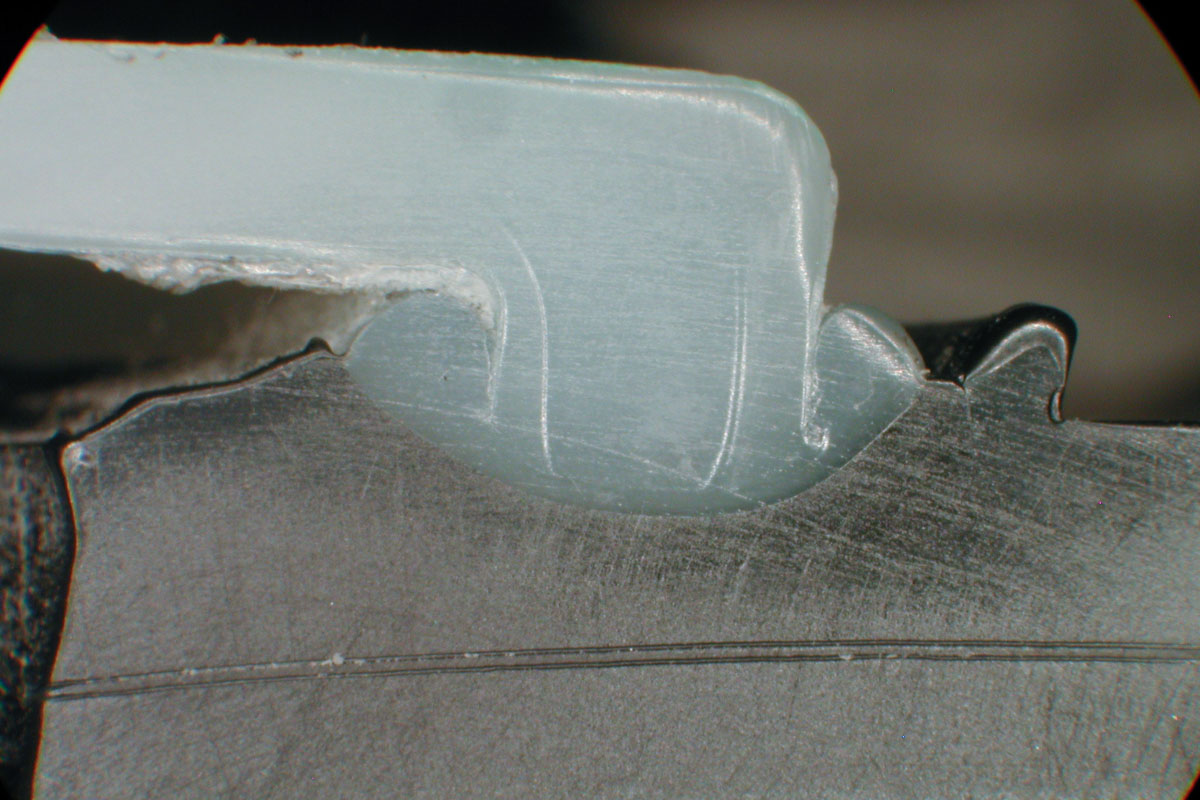Failure Analysis and Prevention
At The Madison Group we solve plastic problems and provide tools to prevent them from reoccurring. Failure analysis is a powerful tool that can be used to evaluate failed parts in order to determine how the part failed, why did it fail, and how to prevent future failures from reoccurring.
The process of a failure analysis investigation relies on combining experience and testing methods to reliably identify a root cause or the most probable causes of failure. Our team of engineers has vast knowledge in fractographic techniques used to analyze failure modes and in numerous material analysis techniques required to verify part quality and performance.
When solving plastics-related problems, it is critical to understand the complex properties of plastic materials and how they will behave in the environment to which they are subjected.
If you have a failed part and don’t know where to start, contact us for guidance.
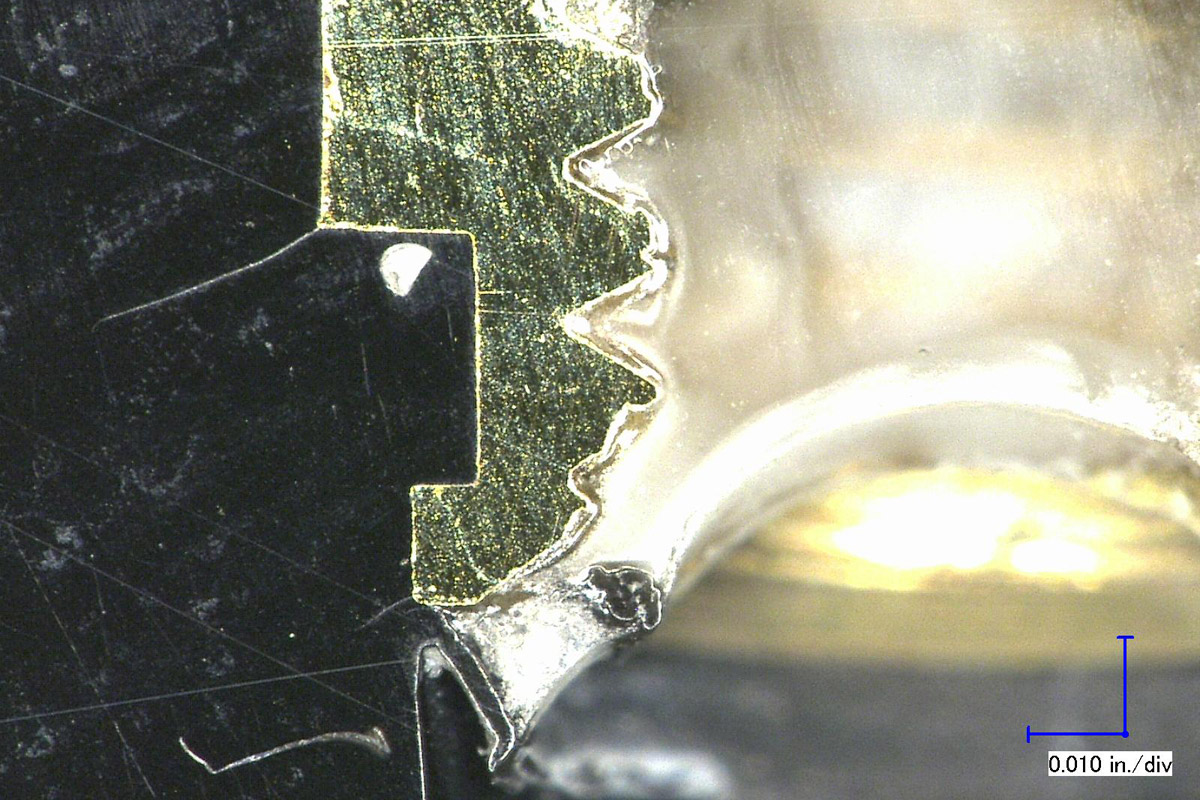
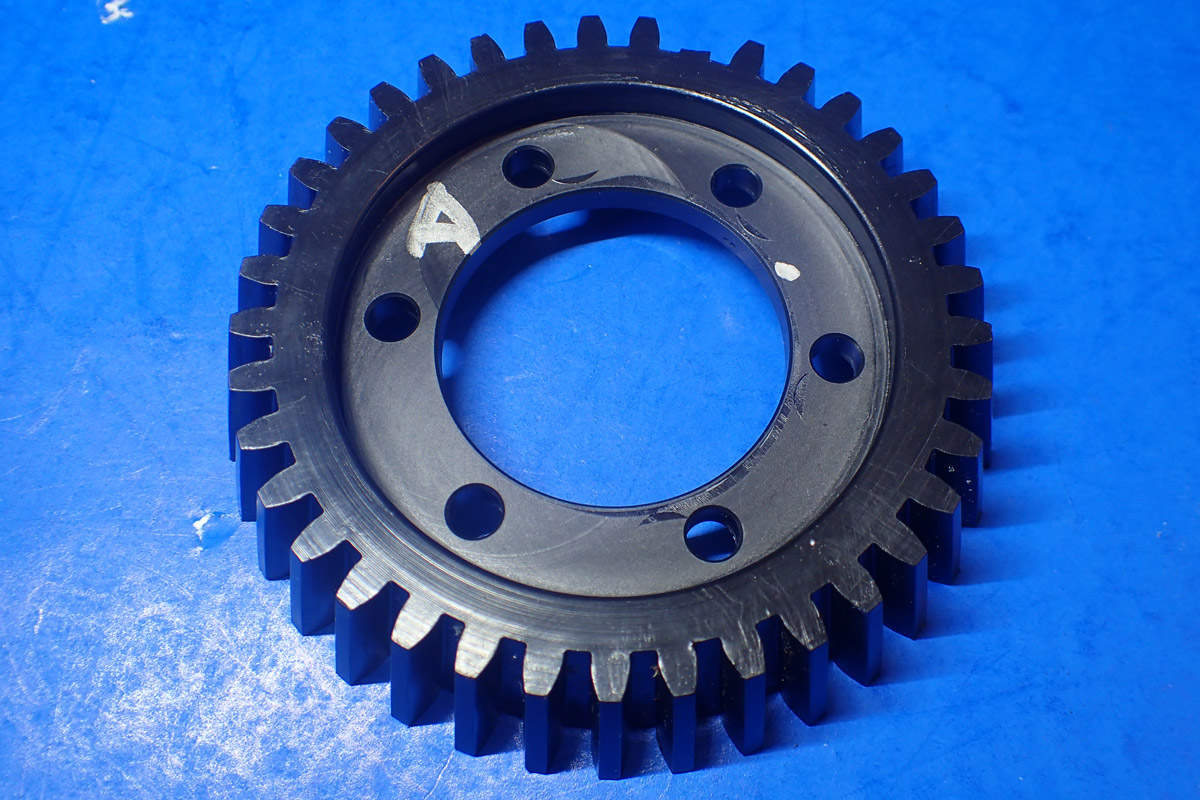
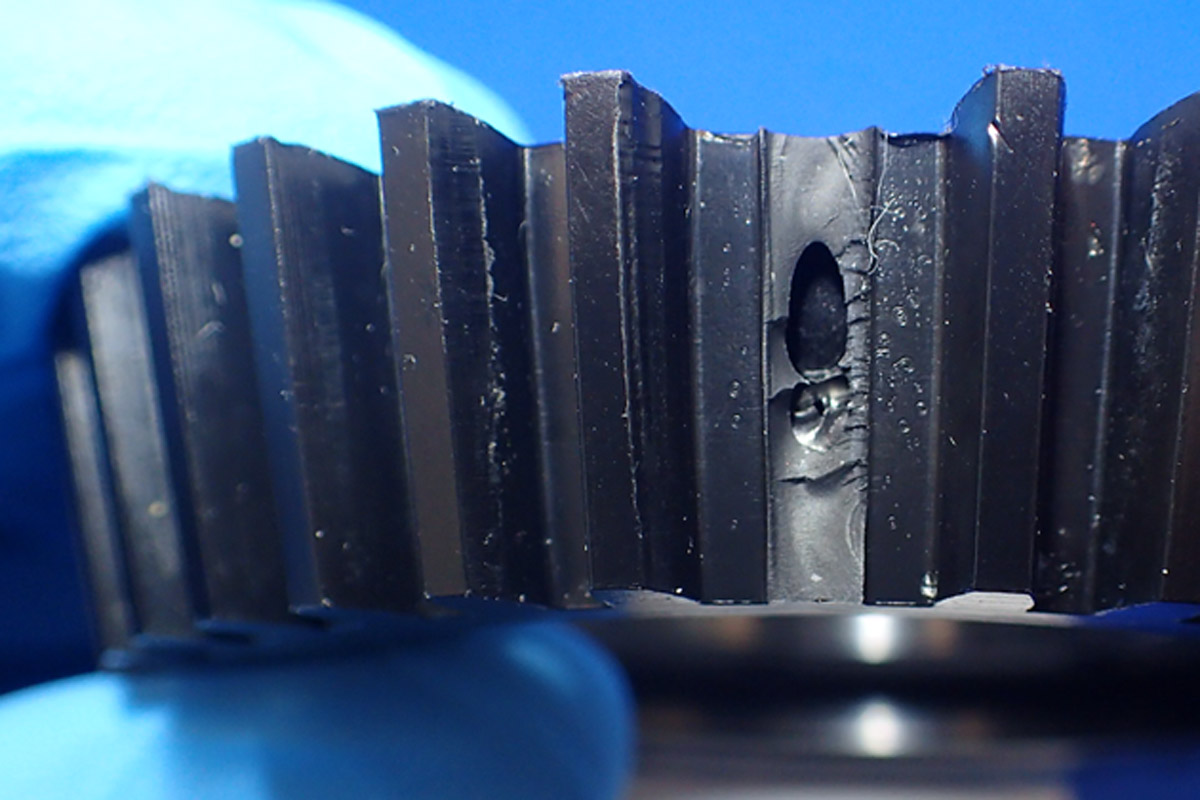
Typical Problems That We Have Solved:
Severe brittle fractures occurring on hand-held electronic devices associated with molecular degradation during molding caused by improper resin drying.
Severe cracking of medical devices due to exposure to incompatible chemical substances.
Assembly failures due to an improper fit of components used in the food service industry caused by excessive material shrinkage and warpage during molding.
Failures due to loss of color in outdoor equipment and seating resulting from incompatible and incorrect formulation constituents.
Creep rupture failures occurring after an extended period of time for plumbing products due to poor product
design, inadequate material selection, ignoring the viscoelastic properties of plastics, and installation problems.
Unexpected cracking of large holding tanks and vessels (e.g. Chemical/water/feed storage tanks; Large commercial aquariums; Processing vats) due to issues related to materials, processing, design, installation or use.
Cracking in automotive cooling system connectors resulting from molecular degradation associated with compounding and processing.
O-ring and gasket seal failures in fuel systems resulting from inadequate materials and design.
Cracking and leakage in plumbing and industrial equipment due to poor welding parameters.
Failures resulting from a poor material package selection that led to cracking and discoloration of housings exposed to indoor UV lighting.
Rupture of implantable medical devices associated with excess interference stress caused by poor design issues.
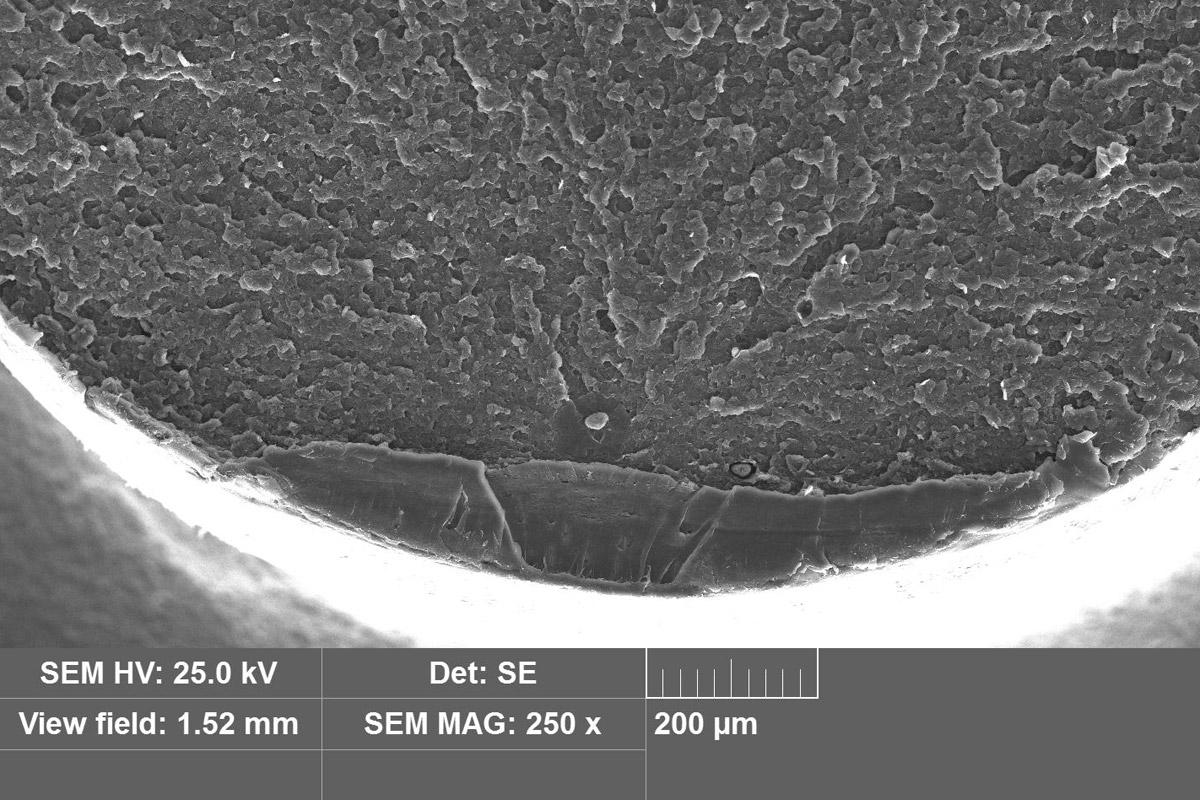
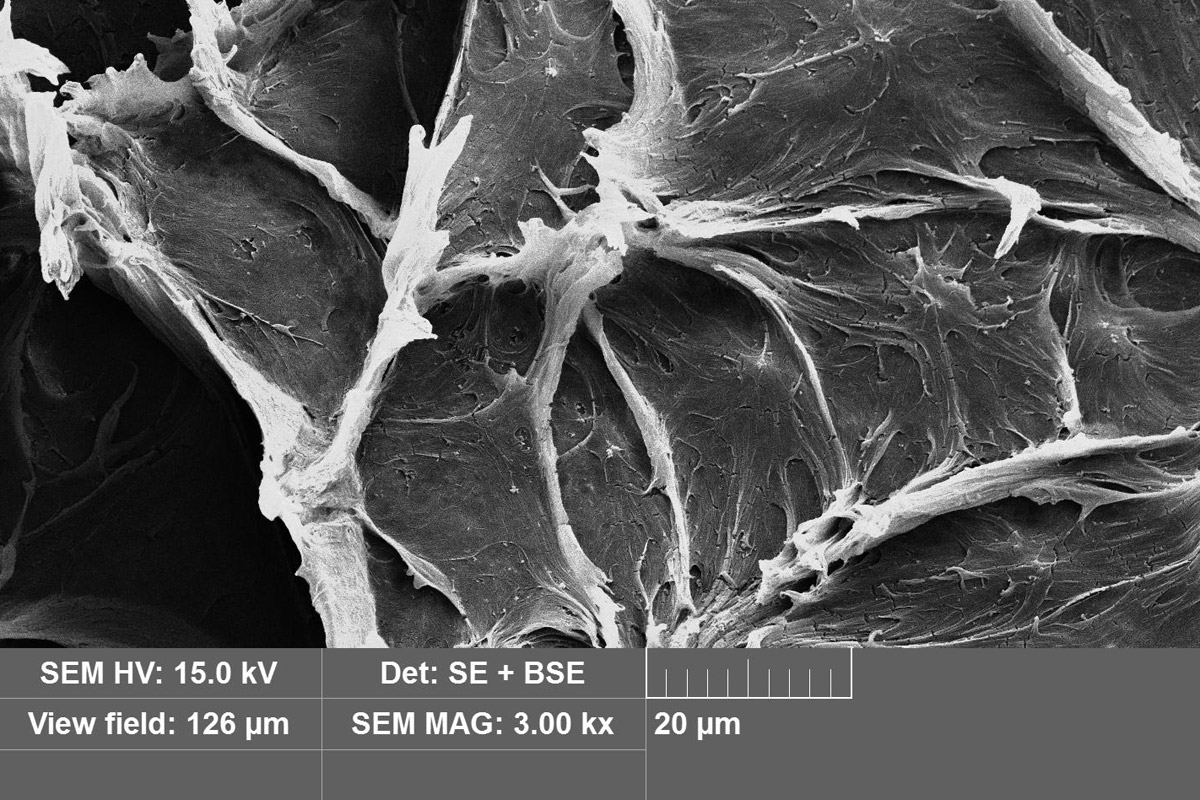
Our knowledge of materials, processing, and design performance allow us to quickly evaluate a difficult to understand failure mode and propose methods to potentially replicate, confirm, and prevent issues from reoccurring.
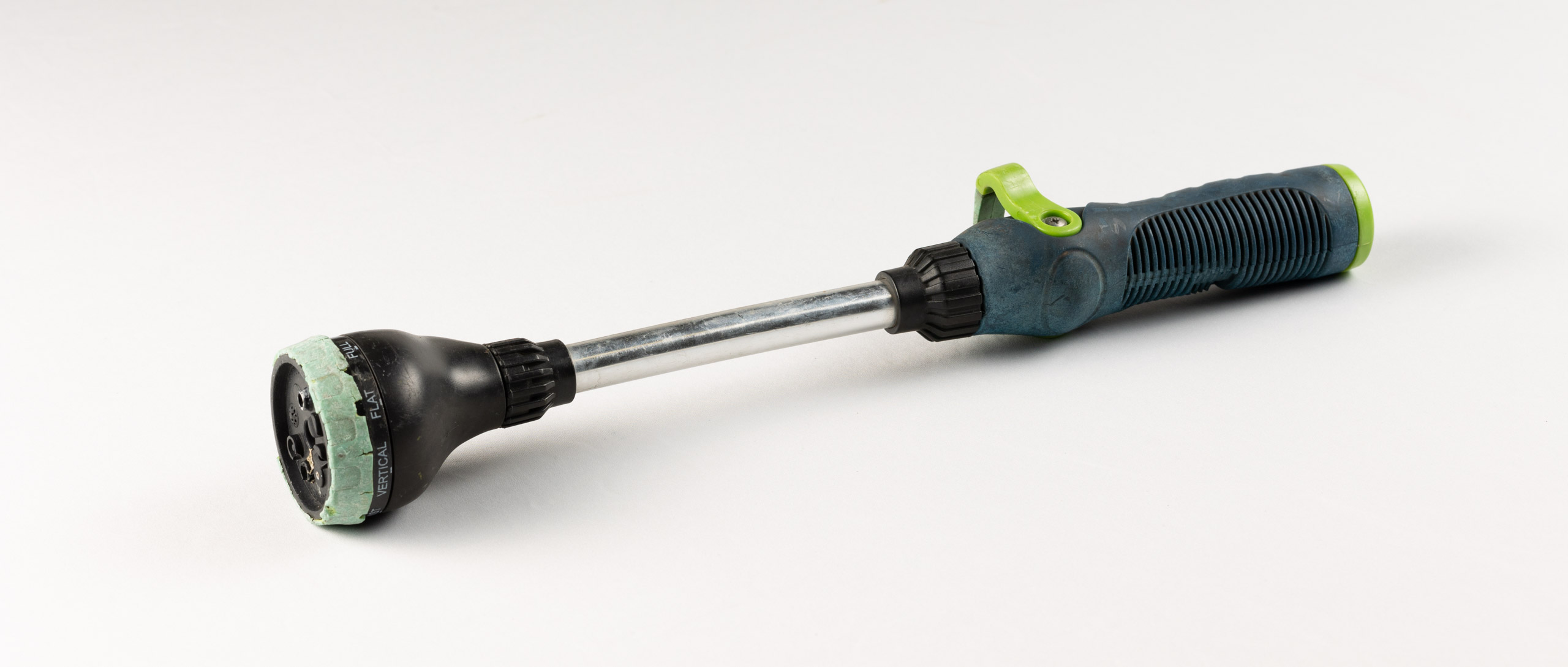
Why Conduct a Failure Analysis?
When a plastic part fails there can be numerous responses including, denying the existence of the problem, doing nothing and hoping the problem goes away, acting on theories using a shotgun approach, or systematically investigating through disciplined problem-solving. The most cost-effective and time-efficient approach to solving the problem is to allow science to direct the investigation and ultimately guide you to a solution.
“One accurate measurement is worth a thousand expert opinions.”
U.S. Navy Rear Admiral Grace Hopper, Awarded National Medal of Technology and Innovation

If you are experiencing random or systematic failures, your corrective action will be as good as the understanding you have of what is causing the failures. The failure analysis investigation focuses on identifying the most probable cause(s) and any contributing factors that are resulting in the failure. With a solid understanding of the most critical factors that need to be addressed, quick and efficient corrective actions can be implemented.
- Solve the current problem with efficient use of time and resources.
- Problems do not go away by ignoring them, but usually worsen if ignored.
- Identify ways to improve your product and avoid failures in future parts.
- Advance your knowledge in materials, design, production methods, installation techniques, and testing methods.
Plastic Vial Failure Analysis Example
Analysis of a plastic vial weld seal failure. A change in the manufacturing technique used to weld the vials resulted in undue stresses and premature creep rupture.
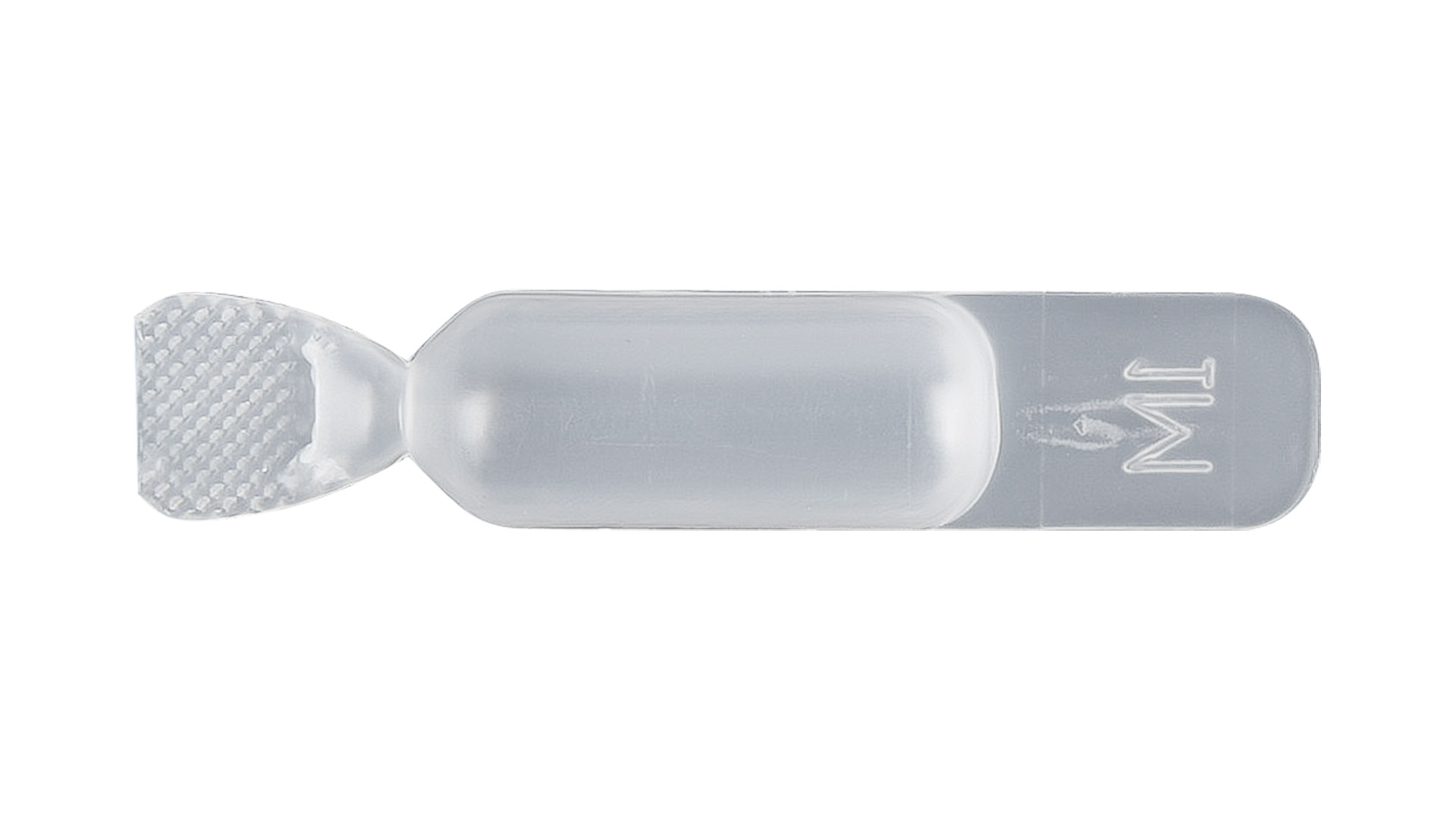
Gas Tank Valve Failure Analysis Example
The following examples of a gas tank failure resulted from poor welding of the valve to the tank. This was caused due to a change in material to one that was supposedly an equivalent of the original. Our tests revealed this to not be the case.
Plastics can fail via a wide variety of mechanisms including:
- Environmental Stress Cracking (ESC)
- Creep Rupture
- Elevated Strain Rate such as Impact
- Molecular Degradation
- Fatigue
- Mechanical Overload
- Wear
- Deformation
- Appearance Changes
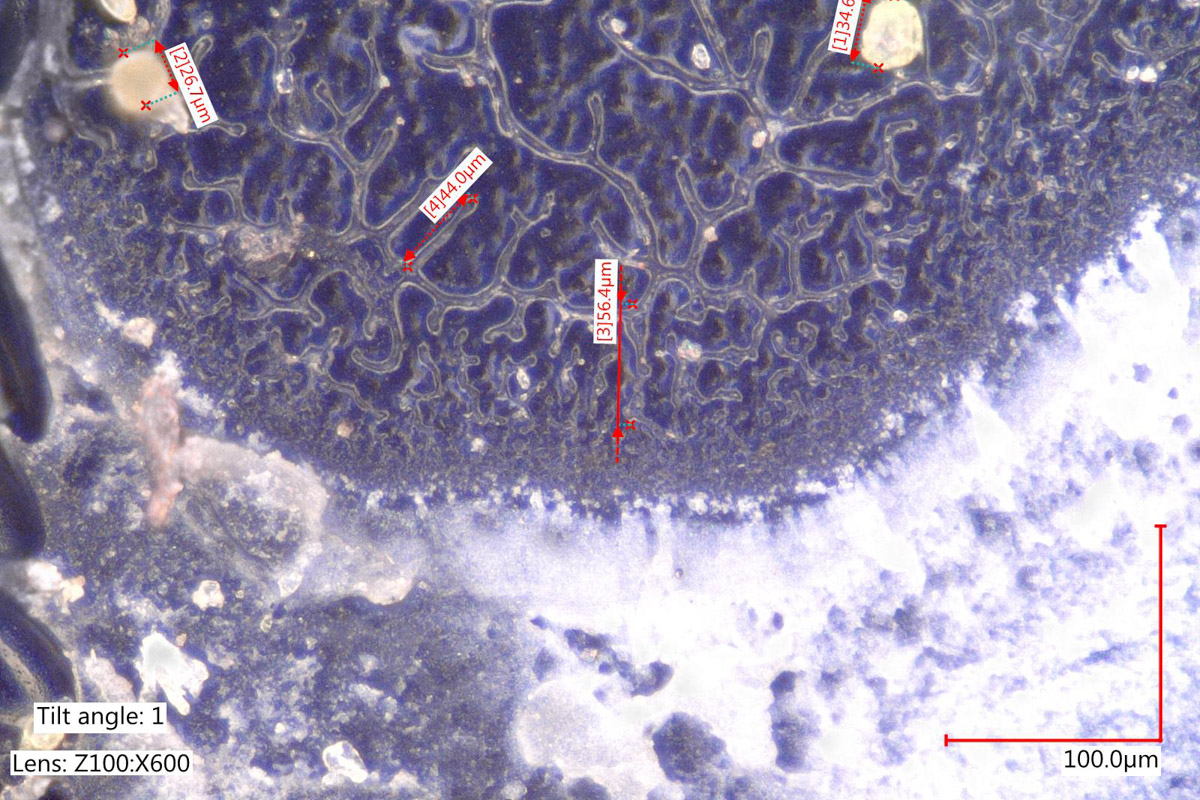
We identify how and why a product failed so you can use our findings toward a faster and more effective solution.
Our experience has taught us that plastic failures are typically due to a combination of factors rather than attributed to one, unique parameter. Five factors affect the performance of molded plastic parts and define whether a part performs satisfactorily or fails. These five factors are:
- Material
- Design
- Processing
- Installation
- Service Conditions/Environment
The Madison Group can guide your investigation and help you identify which are the key factors that have resulted in a part failure.
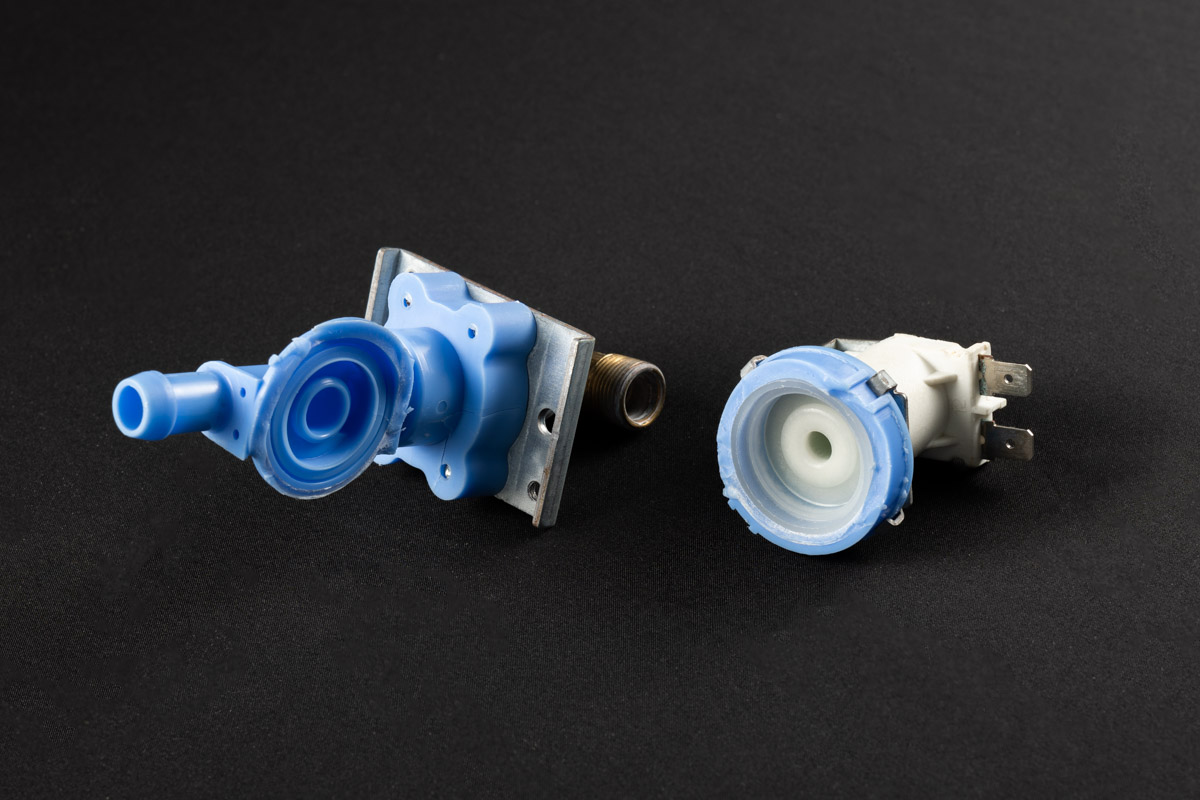
Testing, Investigation, and Problem Solving
A failure analysis investigation may involve various testing techniques and equipment that are necessary to identify the mode and probable causes of failure. While The Madison Group will tailor an investigation specific to your needs, some of the common methods and testing techniques that may be needed include:
- Fractography
- Visual and Microscopic Examination
- Scanning Electron Microscopy (SEM)
- Energy Dispersive X-ray Spectroscopy (EDS)
- Melt Flow Rate (MFR)
- CT Imaging (Computed Tomography)
- Fourier Transform Infrared Spectroscopy (FTIR)
- Differential Scanning Calorimetry (DSC)
- Oxidation Induction Time (OIT)
- Thermogravimetric Analysis (TGA)
- Dynamic Mechanical Analysis (DMA)
- Gas Chromatography – Mass Spectroscopy (GC-MS)
- Gel Permeation Chromatography (GPC)
- Intrinsic Viscosity (IV)
- Environmental Stress Cracking Resistance (ESCR)
- Creep Evaluation / Lifetime Prediction Testing
- Tensile Testing
- Impact Testing
- Proof Load Testing
- Engineering Mechanics
- Failure Replication
- FEA / CAD Stress and Molding Analysis
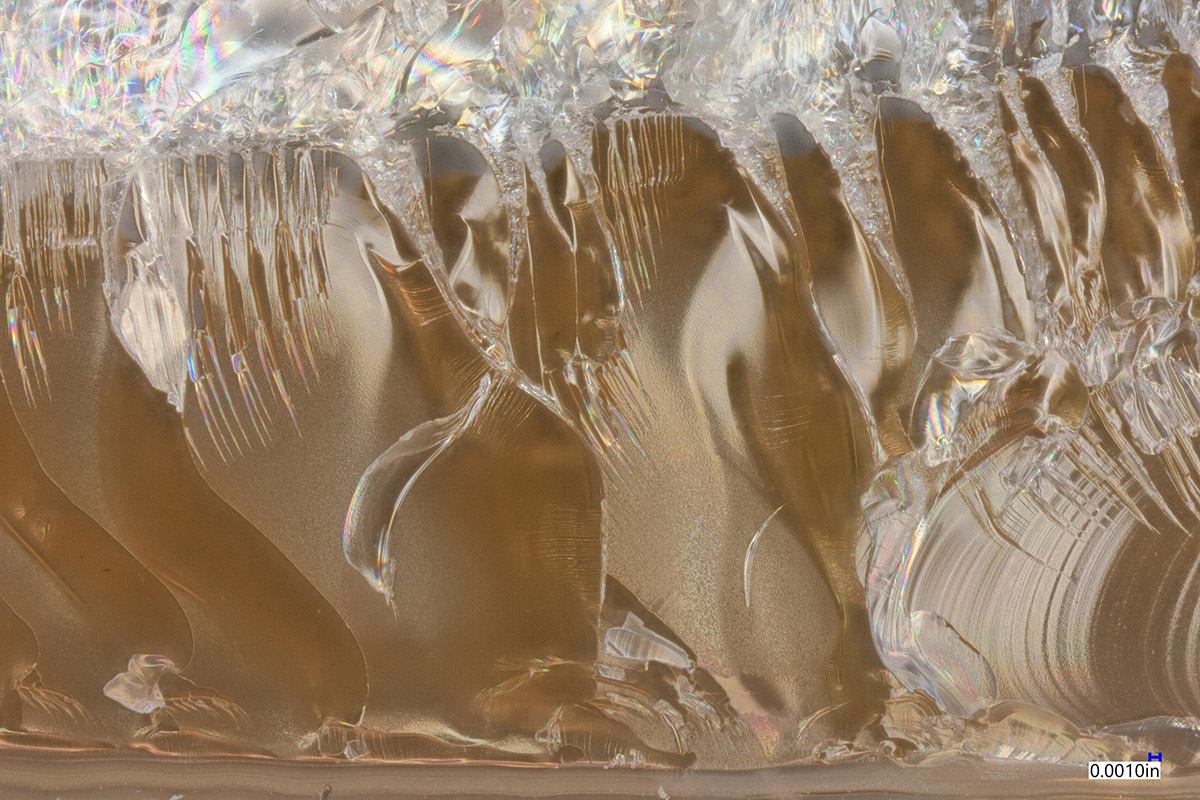
Inquire Today
Whether you are looking to solve a problem or better understand why a product has failed, we have the tools and experience to get you answers. Contact us today and request information that will help you understand and prevent failures.
